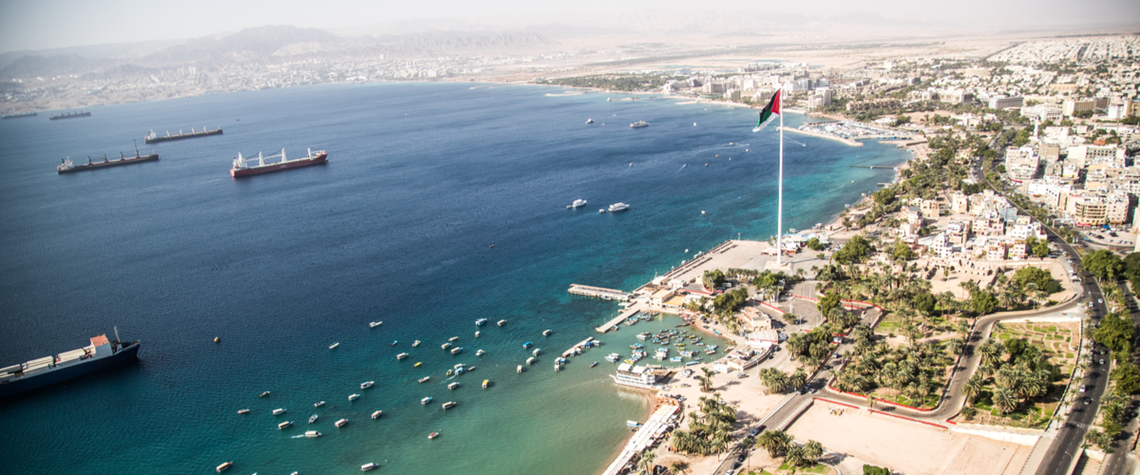Basra-Aqaba pipeline talks hint at conclusion
Nearly 30 years since the original agreement, Iraq’s route to the Red Sea may be in sight
Talks between Iraq and Jordan have reached “advanced stages” for the development of a cross-border oil pipeline that was originally proposed in 1983. According to Iraq’s Ministry of Oil (MoO), technical and commercial details are being ironed out for the 1,600km conduit, “providing that implementation costs are reduced to less than $9bn”. However, with estimates for the project’s construction costs ranging from $12-26bn, reaching this target will require major cost-cutting. Known as the Basra-Aqaba pipeline, the project is intended to carry crude from Iraq’s Rumaila oilfield in the oil-rich Basra governorate to Jordan’s Red Sea port of Aqaba. Under the terms of a 2013 agreement, the project

Also in this section
26 July 2024
Oil majors play it safe amid unfavourable terms in latest oil and gas licensing bid rounds allowing Chinese low-ball moves
25 July 2024
Despite huge efforts by India’s government to accelerate crude production, India’s dependency shows no sign of easing
24 July 2024
Diesel and jet fuel supplies face a timebomb in just four years, and even gasoline may not be immune
23 July 2024
Rosneft’s Arctic megaproject is happening despite sanctions, a lack of foreign investment and OPEC+ restrictions. But it will take a long time for its colossal potential to be realised







